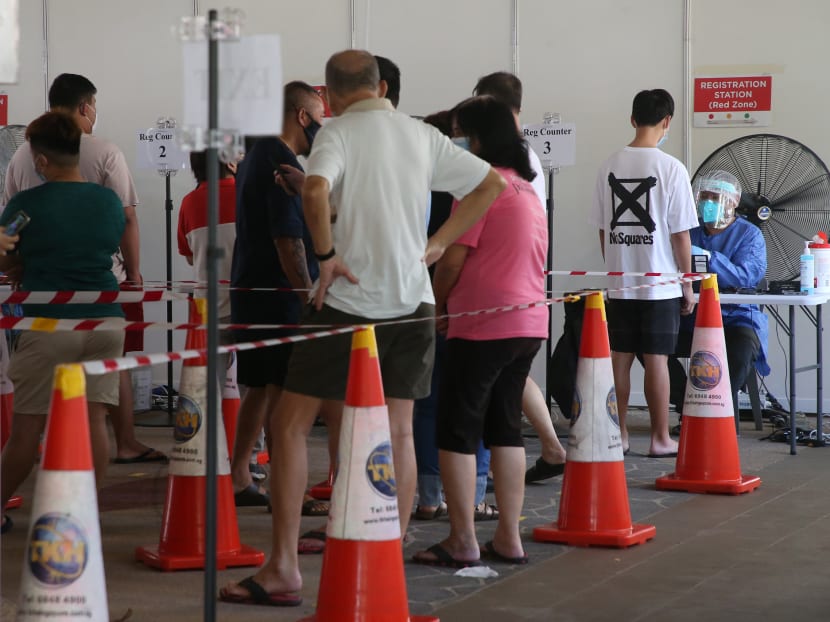Covid-19: Quarantine period shortened to 10 days; household members of infected cases required to self-isolate
SINGAPORE — From next week, household members of Covid-19 patients will be required to self-isolate, while the quarantine period in general will be reduced from 14 to 10 days. This will allow the Government to free up contact tracing resources to focus on preventing large clusters at high-risk and vulnerable settings.

From next week, household members of Covid-19 patients will serve a shorter quarantine period of 10 days, rather than 14 days.
SINGAPORE — From next week, household members of Covid-19 patients will be required to self-isolate, while the quarantine period in general will be reduced from 14 to 10 days, This will allow the Government to free up contact tracing resources to focus on preventing large clusters at high-risk and vulnerable settings.
However, people who are served a quarantine order will have to still take daily antigen rapid tests for four days after the 10-day quarantine period, to mitigate any remaining risk of infection, the Ministry of Health (MOH) said in a statement on Friday (Sept 10).
More information on the new self-quarantine arrangements will be provided in due course.
Explaining the shift in quarantine protocols, MOH said that the Delta variant, the dominant coronavirus variant causing infections in the community now, has a shorter incubation period of an average of under four days.
In comparison, the original virus strain had an incubation period of an average of six days.
This means that it now takes only around four days for the virus to be detectable in a person after he or she has been exposed to it.
And so, the quarantine period will be reduced to 10 days from the date of last exposure, so long as the person tests negative for Covid-19 at the end of his period of isolation.
MOH said that as the number of infections within the community rises, the authorities will prioritise its contact tracing sources on preventing large clusters from happening at high-risk and vulnerable settings.
To do so, it will rely on data taken from the TraceTogether token or mobile application to identify close contacts of infected cases.
Close contacts will be issued health risk warnings or health risks alerts, and they should get tested to minimise the risk of spreading the disease, it said.
The ministry previously said that people who receive either the health risk warning or health risk alert are not required to be quarantined, but they should reduce their interactions for 14 days.












